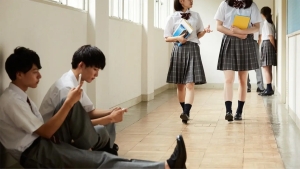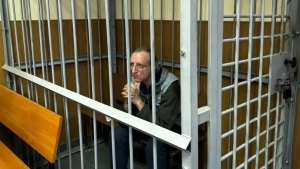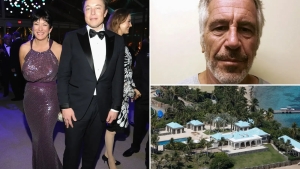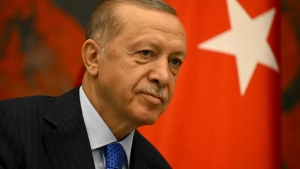North Korea will send 6,000 troops to Russia
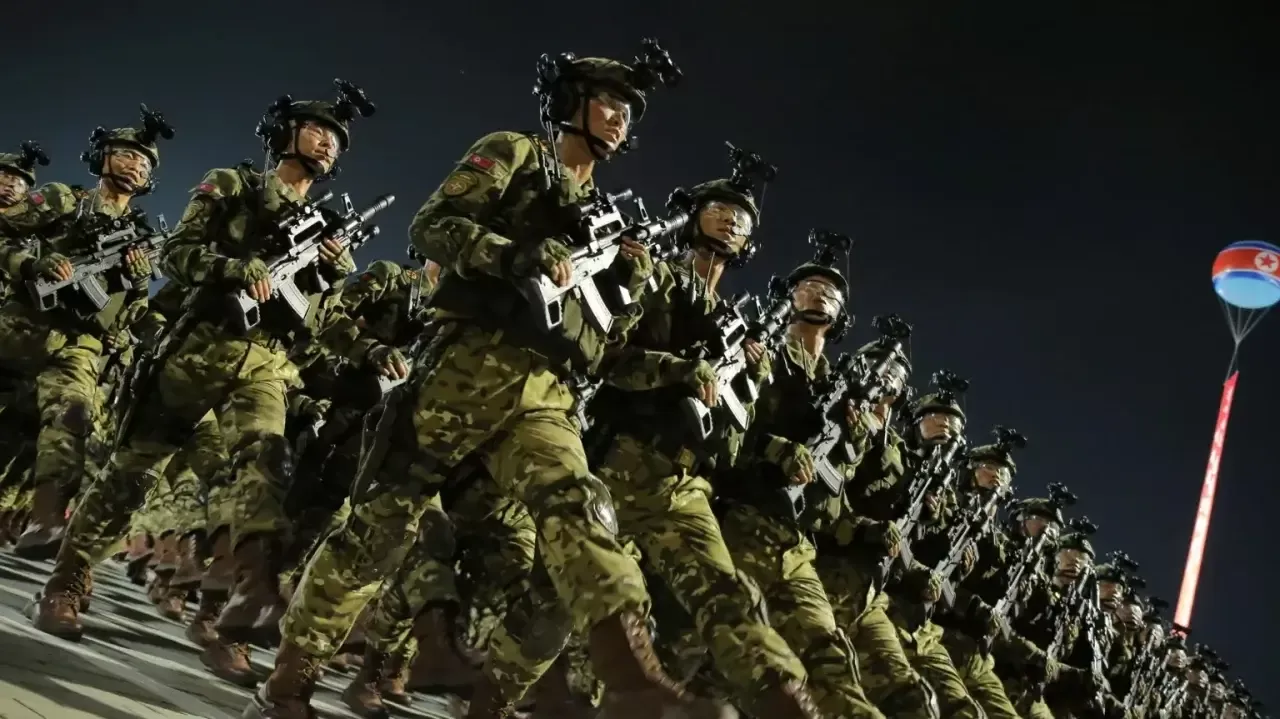
North Korea plans to send additional troops to Russia in the near future. This was reported by Zamin.uz.
This was revealed by Lieutenant General Kirill Budanov, head of the Main Intelligence Directorate of the Ukrainian Ministry of Defense, in an interview with The Japan Times. According to him, the number of troops to be sent is approximately 6,000.
This move aims to influence the frontline situation by providing external support. Additionally, North Korea plans to send between 50 and 100 pieces of equipment to Russia, including M2010 (Cheonma-D) main battle tanks and BTR-80 armored personnel carriers.
According to Budanov, this equipment is expected to be used in engineering tasks, but there is also a possibility of its use in other battlefield roles. He also emphasized that some forces may be involved in tasks such as mine clearance and fortification construction.
The head of the Ukrainian Armed Forces' Main Intelligence Directorate highlighted the extensive military cooperation between Moscow and Pyongyang and its consequences. According to Budanov, currently only three countries have experience conducting modern warfare along a wide front line: Ukraine, Russia, and North Korea.
This situation underscores the importance of the war format, logistics, reserves, and industrial capacity. He also stressed Russia's financing of North Korean troops.
The Kremlin is allocating funds for all military equipment and troops. This process involves tens of billions of dollars and represents a significant amount for North Korea's highly isolated economy.
Budanov believes that information about financial flows and volumes complicates geopolitical questions further. In particular, the origin of resources, payment systems, and how the sanctions environment operates are of great importance.
At the same time, it is noted that there may be discrepancies between official statements and independent sources. Therefore, debates on this issue continue.
The further development of the situation will become clearer based on practical actions and official statements. Overall, new changes are expected in the diplomatic and military processes behind the front lines.


